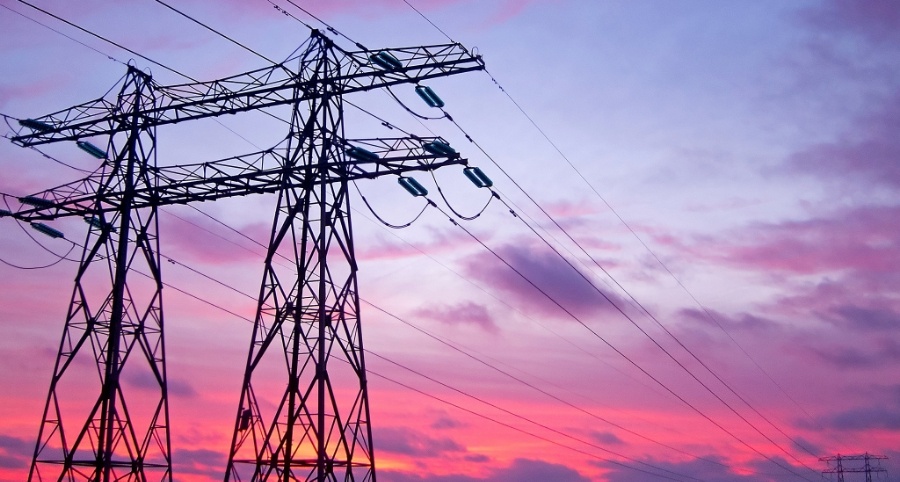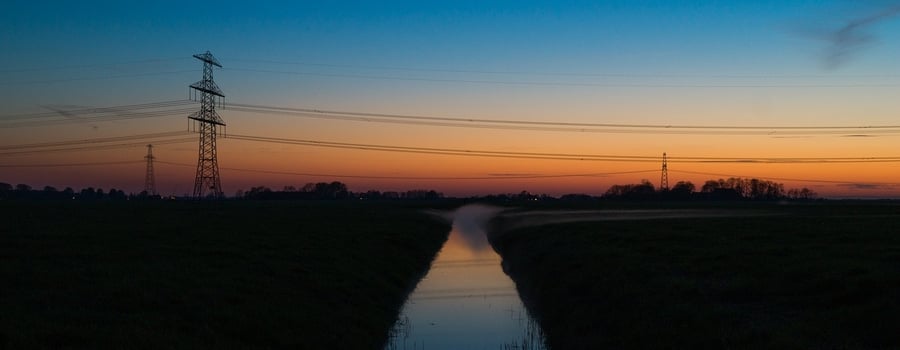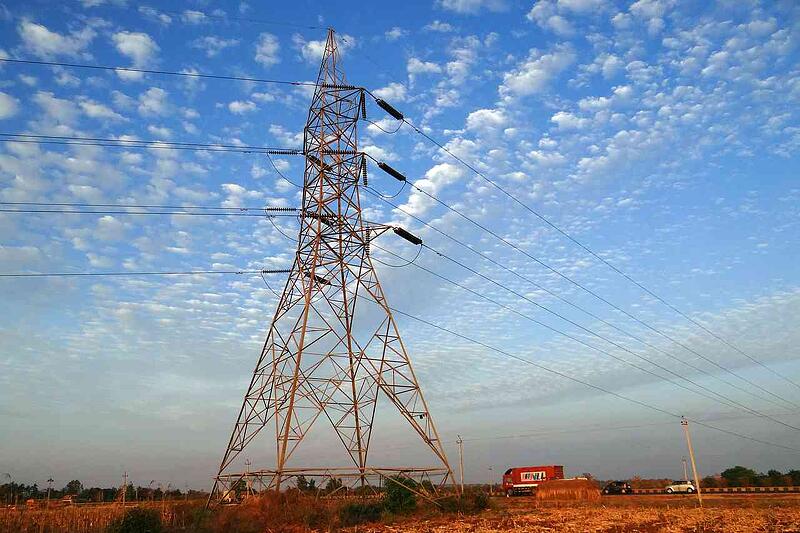
All links to bills lead to AEE’s PowerSuite. Click to sign up for a free 14-day trial. This blog post is excerpted from a newsletter that went out to members in late May. For the most up-to-date information on what's passing through legislatures, check them out in PowerSuite!
As legislative sessions start to wrap up in some states, AEE continues to track legislation that may impact compliance strategies. ALEC bills — legislation that requires approval of state implementation plans by the legislature — were introduced in 27 states so far. Ten bills were passed, but most of them with language weaker than when they were initially introduced. Even in states hostile to the Clean Power Plan, stakeholders and regulators are quietly exploring compliance options. And some states are making moves toward greater use of advanced energy, which would make CPP compliance easy.



